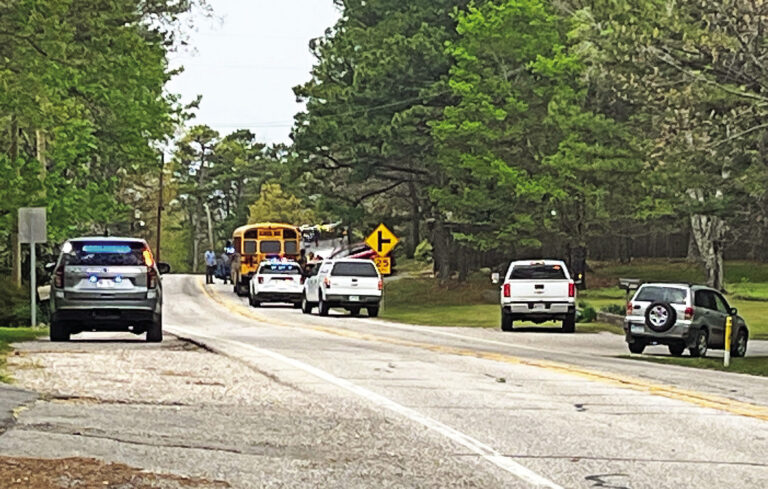The Holiday Island City Council has approved a new ordinance setting rules and regulations for short-term rentals in the city.
The ordinance passed 5-0 on its first reading and an emergency clause was approved despite the council not voting on a second and third reading at the Tuesday, Sept. 19 meeting.
“There are things that we felt needed … the city needed to have some control over in order to protect the health and safety of the residents to maintain some sense of neighborhood,” Holiday Island Mayor Dan Kees said. “I live in the community here and we don’t want it to be the wild, wild West when it comes to rental properties.”
The six-page ordinance lays out how a property owner can establish a property as a short-term rental, starting with applying for a conditional use permit that must be approved by the Holiday Island Planning Commission.
“Permit shall be effective for a period of one year from the date of issuance, then reviewed for any violations …,” the ordinance reads. “… If compliance has been satisfactory, in the sole discretion of the Mayor or Mayor’s designee, a renewal of said permit for a period of one year may be issued. … The said permit renewal period is not less than 30 days nor more than 60 days prior to the expiration date of the current permit.
“The Conditional Use Permit for Short-Term Rental may be revoked at any time by City officials, or any court of competent jurisdiction, for violations.”
The ordinance goes on to say that a CUP application will require a $150 fee, but any applications renewed will be free “subject to the property owner possession a current business license.”
The ordinance goes on to stipulate that if a safety complaint is made against the property, an inspection performed by the city’s code enforcement officer, city building inspector, fire chief or law enforcement will be required.
On-street parking for shortterm rentals “is strictly prohibited” because of “the narrow width of the streets/roads” in the city, the ordinance reads; however the planning commission can use its discretion for properties that do not have established on-site parking. In addition, occupancy limits are now in place, including “at no times shall short-term rentals have, or be offered for rent as having, an occupancy greater than three guests per bedroom plus an additional two guests.”
“The number of bedrooms shall be determined in the same manner as provided in the Arkansas Fire Prevention Code,” the ordinance states.
For violations of the new short-term rental policy, the ordinance lays out different levels of fines.
“Any person operating a shortterm rental in violation of this article shall, for a first offense, be fined not less than $250 nor more than $500,” the ordinance reads. “For a second offense, a violator shall be fined an amount not less than $500 nor more than $1,000.”
A third offense includes a fine of at least $1,000.
“We pass ordinances in order to prevent problems,” Kees said “We don’t wait necessarily for a big pile of problems and then try to figure out how to pass an ordinance to make that problem go away.
“For years, people built houses out here and it was the wild, wild West.”
The new ordinance also lays out a section regarding timeshare properties.
“Time-share units that are being rented on a short-term basis to non-time-share property owners through the time-share supervisory authority are covered by these short-term rental conditions,” the ordinance reads.
However, time-share properties only need one CUP approved that will cover all units within the complex. Permit fees for timeshare properties will be $500, according to the new regulations.
“I don’t think we’re doing anything that’s going to discourage the vacation rental business in Holiday Island,” Kees said. “I don’t think there’s anything [in the ordinance] that’s going to handcuff people.”
The council also went over a proposed ordinance laying out rules and regulations for business licenses in the city, but that issue was tabled for a future meeting.
“We’ve tried to incorporate as much input as we could from the workshops we’ve had,” Kees said about the passage of the new short-term rental ordinance. “… Again, I don’t really see where this ordinance is going to be in any way detrimental to the shortterm rental, vacation rental business, and I do think it will help us prevent problems going forward.
“The fewer problems we have, the better reputation the community will have for people to come here and enjoy our facilities.”

